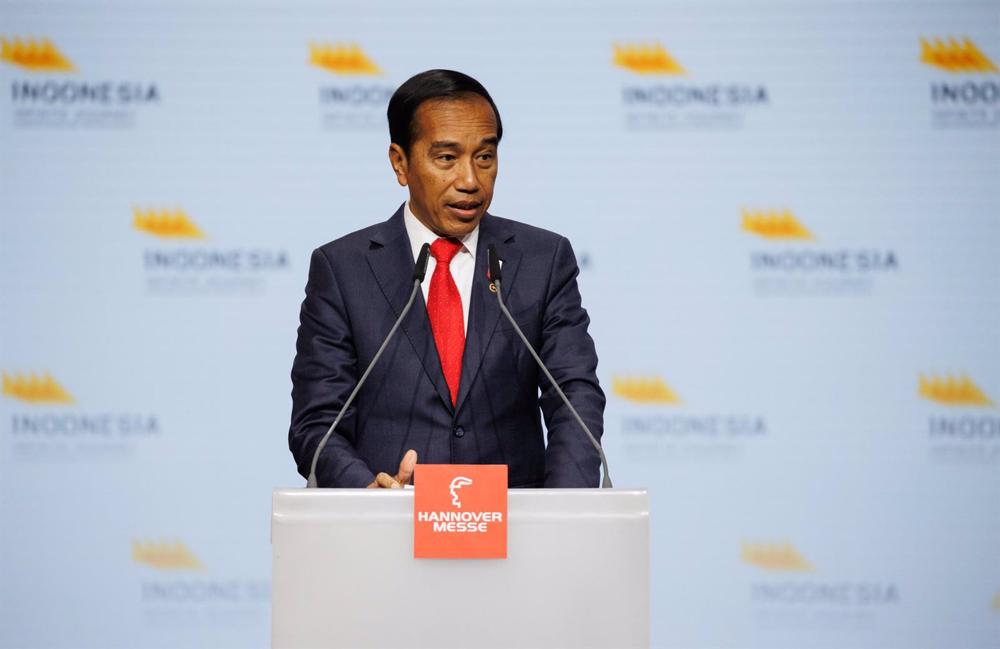
South Korean President Yoon Suk Yeol has ordered the government to prepare a presidential executive order to force striking truckers back to work to revive the fuel and steel sectors.
«Immediately prepare an administrative order so that the oil and steel industries do not suffer further damage,» Yoon said after the Cabinet meeting held in special session to address the strike, according to the South Korean news agency Yonhap.
Five days ago Yoon already ordered by decree the return to work of truck drivers in the cement sector and left the door open to extend the measure to other sectors.
The truckers have been on strike for eleven days to demand a minimum wage. The strike has caused delays in cement and steel shipments and has also affected the fuel sector.
Yoon also urged the relevant ministries to take all necessary administrative measures to alleviate this «serious threat to the rule of law» and reproached the truckers for «using the economy as a hostage for their own self-interest».
As of Saturday morning, back-to-work notices had been delivered to 33 companies and 791 individual truck drivers in the cement industry. Of these, 29 companies and 175 drivers have either resumed work or plan to do so soon, according to the government.
Finance Minister Choo Kyung Ho has already warned of sanctions and punishments for truckers who engage in illegal strikes and refuse to return to work. «We will form a response team with police and provincial authorities to prosecute any illegal behavior and take strict administrative measures against those who violate the executive order,» Choo said after the Cabinet meeting.
The government assures that part of the activity has already recovered and for example the port of Busan, the most important in the country, has already recovered 42 percent of its usual activity on Sunday morning.
The oil and refinery sector, on the other hand, is increasingly affected and it is estimated that 74 percent of gas stations are already without fuel, according to data from the Ministry of Commerce, Industry and Energy. Up to 781,000 tons of oil are blocked.






